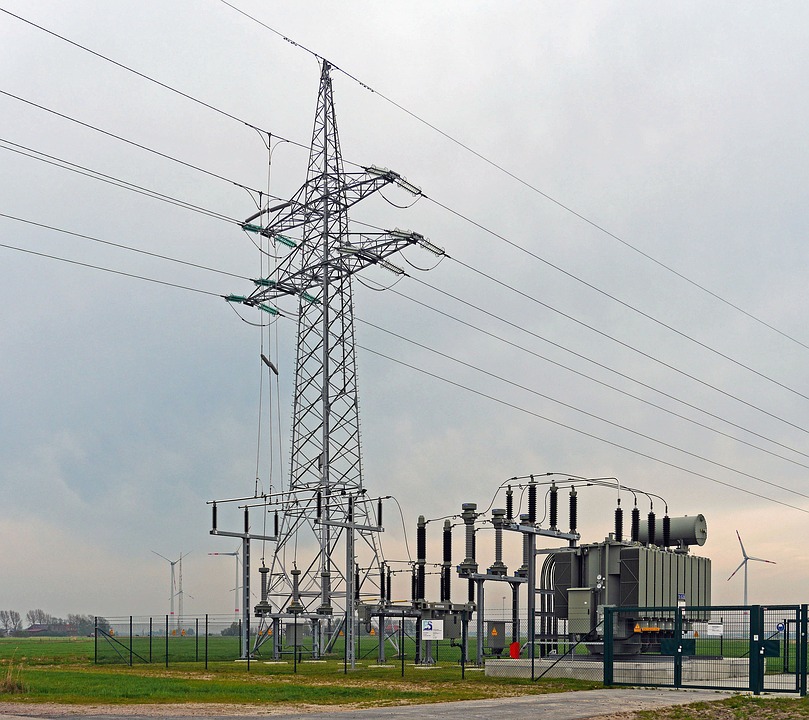
02 Nov Common Reasons Why Electricity Rates Go Up
Ever wonder what goes into your utility bill? The price that consumers pay for electricity reflects the cost necessary to build, maintain, finance, and operate power plants and the electricity grid. Additionally, utility companies that are for-profit have to charge consumers an additional portion of the electrical fee in order to pay financial returns to the owners and shareholders.
If you have ever gotten an unexpectedly high or low electricity bill, you may have wondered what factors influence that price. Below are some of the elements that can affect your monthly bill.
Fuels
The cost of fuel to generate electricity varies depending on the demand. When there is a higher demand for electricity, there is a corresponding higher demand for the fuel needed to generate electricity. This makes the price of fuel, such as natural gas, higher, which results in the elevated price of electricity.
Power Plants
It costs money to construct, maintain, and operate power plants. Utility companies have to get back their investment plus the expected profit.
Transmission and Distribution Grid
Power plants deliver electricity to the consumers through a network of transmission or distribution lines that need to be maintained and/or repaired. These lines are vulnerable to damage during accidents or inclement weather, so the power company needs to make sure that they can cover the cost of repair in the event of an incident.
Weather
Weather can work in favor of or against the price of electricity. Rainwater and melting snow can contribute to hydropower generation, and high wind can power the turbines that generate electricity. But the excess of these weather factors can cause damage to the generating plants and drive the price electricity up. Additionally, excessive heat and cold can lead to higher use of air conditioning and heating units, which can be expensive for the consumer.
Government Regulations
In some cases, government regulations contribute to the price of electricity. Government intervention can prevent electricity price increases through legislation, but they can also increase it by imposing additional taxes on its use.
Interestingly, utility companies do not charge electricity rates uniformly. Pricing is usually based on the type of consumption, with residential consumers paying the bulk of the electricity price while industrial and transportation companies pay much lower rates. The price of electricity also varies by location, with consumers that live farthest from the generating plants paying the highest electricity rates.
Unstable electricity prices have compelled many consumers to shift to another source of electricity – solar. Solar power is now accepted as an ideal source of electricity because it is clean and cheap. It allows the consumer to generate and use the electricity they need from their own panels, and any excess electricity goes back onto the grid for use when it isn’t sunny. This process can cover most, if not all, of the monthly electricity bill. This fact alone is enough to convince a growing number of people to say yes to solar.



